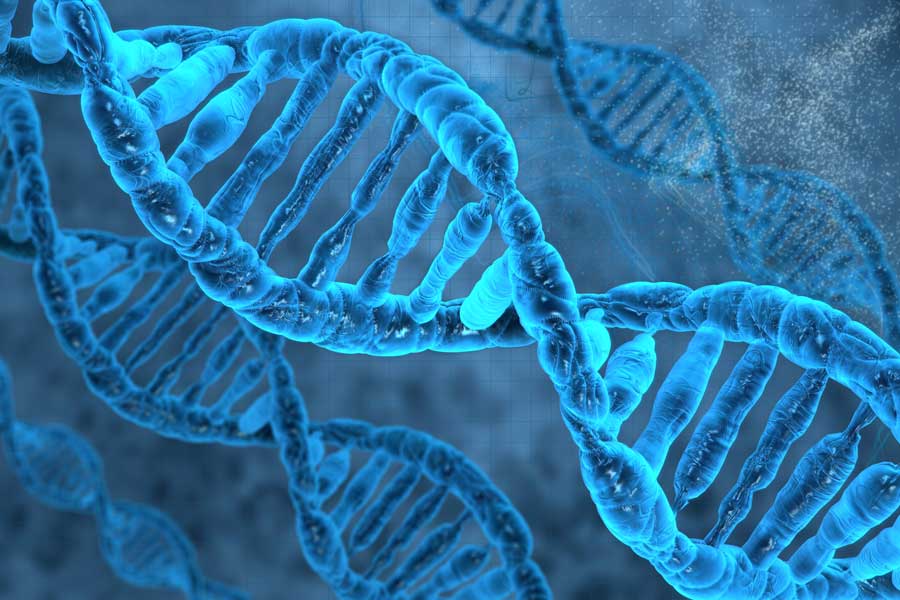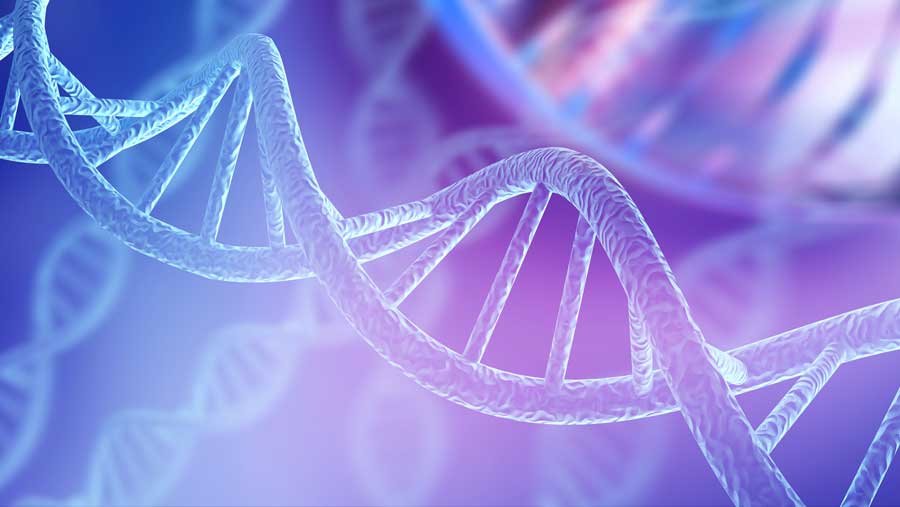This website uses cookies so that we can provide you with the best user experience possible. Cookie information is stored in your browser and performs functions such as recognising you when you return to our website and helping our team to understand which sections of the website you find most interesting and useful.

Genetic Disorders
What is a genetic disease? How is it defined?
A genetic disease is any disease that is caused by an abnormality in an individual's genome, the person's entire genetic makeup. The abnormality can range from minuscule to major, from a discrete mutation in a single base in the DNA of a single gene to a gross chromosome abnormality involving the addition or subtraction of an entire chromosome or set of chromosomes. Some genetic disorders are inherited from the parents, while other genetic diseases are caused by acquired changes or mutations in a preexisting gene or group of genes. Mutations can occur either randomly or due to some environmental exposure.
What are the types of genetic inheritance?
There are a number of different types of genetic inheritance including:
- Single gene inheritance
- Multifactorial inheritance
- Chromosome abnormalities
- Mitochondrial inheritance
















